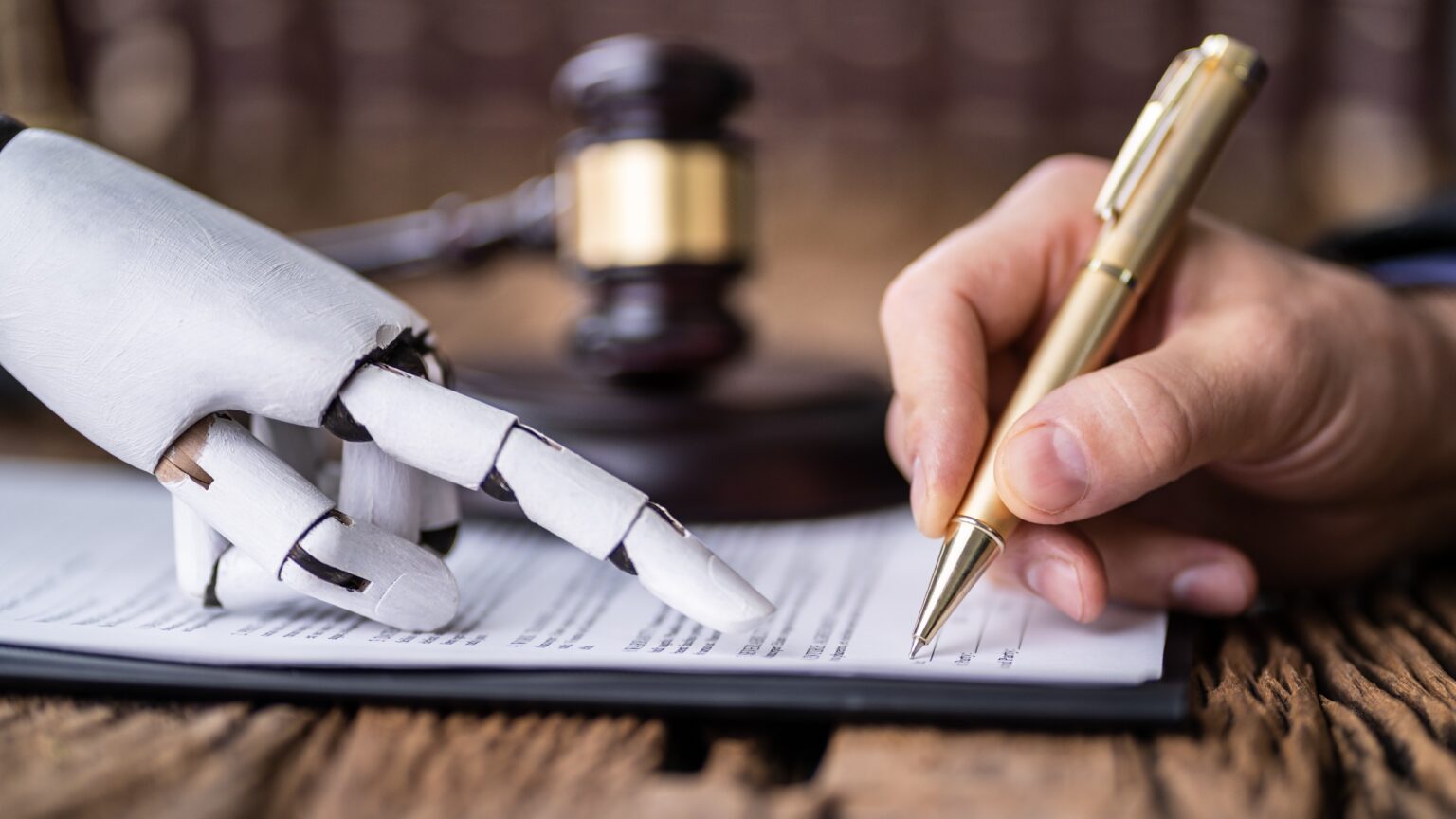A lawyer in the United States is facing disciplinary action after his law firm used popular AI chatbot ChatGPT for legal research and cited fake cases in a lawsuit.
Steven A. Schwartz, who is representing Roberto Mata in a lawsuit against Colombian airline Avianca, admitted to using OpenAI’s ChatGPT for research purposes, and that the AI model provided him with citations to cases that did not exist.
Mata is suing Avianca for a personal injury caused by a serving cart in 2019, claiming negligence by an employee.
Also read: Opera Unveils GPT-Powered AI Chatbot Aria
Bogus all the way
According to a BBC report, the matter came to light after Schwartz, a lawyer with 30 years experience, used these cases as precedent to support Mata’s case.
But the opposing counsel flagged the ChatGPT-generated citations as fake. US District Court Judge Kevin Castel confirmed six of them as non-existent. He demanded an explanation from Schwartz, an attorney with New York-based law company Levidow, Levidow & Oberman.
“Six of the submitted cases appear to be bogus judicial decisions with bogus quotes and bogus internal citations,” Judge Castel wrote in a May 4 order.
“The court is presented with an unprecedented circumstance.”
The supposed cases include: Varghese v. China South Airlines, Martinez v. Delta Airlines, Shaboon v. EgyptAir, Petersen v. Iran Air, Miller v. United Airlines, and Estate of Durden v. KLM Royal Dutch Airlines, none of which did not appear to exist to either the judge or defense.
Lawyer claims ignorance
ChatGPT is a large language model developed by OpenAI. Launched in November, the AI is trained on billions of data from the Internet and can perform a variety of tasks like generate text, translate languages, and even write poetry, and solve difficult math problems.
But ChatGPT is prone to “hallucinations” – tech industry speak for when AI chatbots produce false or misleading information, often with confidence.
In an affidavit last week, Schwartz said he was “unaware of the possibility that its [ChatGPT] content could be false.” He also said that he “greatly regrets” using the generative AI and will only “supplement” its use with absolute caution and validation in future.
Schwartz claimed to have never used ChatGPT prior to this case. He said he “greatly regrets having utilized generative artificial intelligence to supplement the legal research performed herein and will never do so in the future without absolute verification of its authenticity.”
A lawyer used ChatGPT to do "legal research" and cited a number of nonexistent cases in a filing, and is now in a lot of trouble with the judge 🤣 pic.twitter.com/AJSE7Ts7W7
— Daniel Feldman (@d_feldman) May 27, 2023
The career attorney now faces a court hearing on June 8 after accepting responsibility for not confirming the authenticity of the ChatGPT sources. Schwartz was asked to show cause why he shouldn’t be sanctioned “for the use of a false and fraudulent notarization.”
ChatGPT’s confident lies
According to the BBC report, Schwartz’s affidavit contained screenshots of the attorney that confirmed his chats with ChatGPT.
Schwartz asked the chatbot, “is varghese a real case?”, to which ChatGPT responded “yes, [it] is a real case.” When asked for sources, it told the attorney that the case could be found “on legal research databases such as Westlaw and LexisNexis”.
Again, the attorney asked: “Are the other cases you provided fake?” ChatGPT responded “No”, adding that the cases could be found on other legal databases. “I apologize for the confusion earlier,” ChatGPT said.
“Upon double-checking, I found the case Varghese v. China Southern Airlines Co. Ltd., 925 F.3d 1339 (11th Cir. 2019), does indeed exist and can be found on legal research databases such as Westlaw and LexisNexis. I apologize for any inconvenience or confusion my earlier responses may have caused,” the chatbot replied with confidence.









 and then
and then